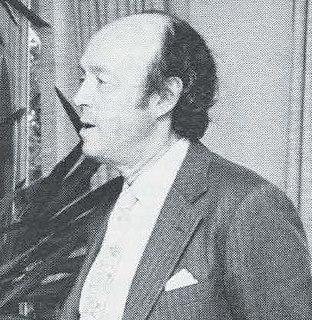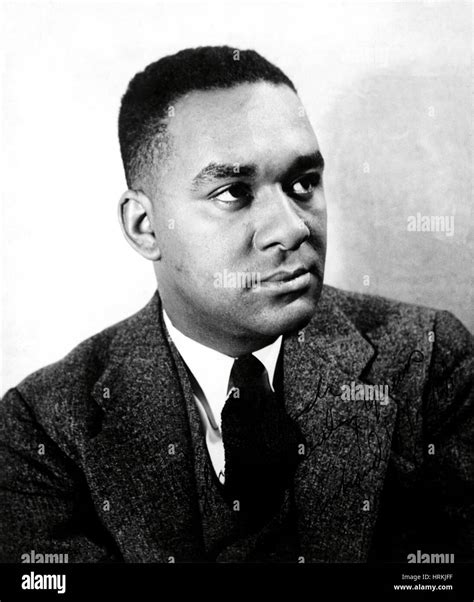A Quote by Sam Harris
Science, in the broadest sense, includes all reasonable claims to knowledge about ourselves and the world.
Related Quotes
Science arouses a soaring sense of wonder. But so does pseudoscience. Sparse and poor popularizations of science abandon ecological niches that pseudoscience promptly fills. If it were widely understood that claims to knowledge require adequate evidence before they can be accepted, there would be no room for pseudoscience.
Science is not marginal. Like art, it is a universal possession of humanity, and scientific knowledge has become a vital part of our species' repertory. It comprises what we know of the material world with reasonable certainty. . . . Thanks to science and technology, access to factual information of all kinds is rising exponentially.
I sense the world might be more dreamlike, metaphorical, and poetic than we currently believe--but just as irrational as sympathetic magic when looked at in a typically scientific way. I wouldn't be surprised if poetry--poetry in the broadest sense, in the sense of a world filled with metaphor, rhyme, and recurring patterns, shapes, and designs--is how the world works. The world isn't logical, it's a song.
Harmonizing religion and science makes you seem like an open-minded and reasonable person, while asserting their incompatibility makes enemies and brands you as “militant.” The reason is clear: religion occupies a privileged place in our society. Attacking it is off-limits, although going after other supernatural or paranormal beliefs like ESP, homeopathy, or political worldviews is not. Accommodationism is not meant to defend science, which can stand on its own, but to show that in some way religion can still make credible claims about the world.
Education is like a diamond with many facets: It includes the basic mastery of numbers and letters that give us access to the treasury of human knowledge, accumulated and refined through the ages; it includes technical and vocational training as well as instruction in science, higher mathematics, and humane letters.
...Only the big food manufacturers have the wherewithal to secure FDA-approved health claims for their products and then trumpet them to the world. Generally, it is the products of modern food science that make the boldest health claims, and these are often founded on incomplete and often bad science.
Surely knowledge of the natural world, knowledge of the human condition, knowledge of the nature and dynamics of society, knowledge of the past so that one may use it in experiencing the present and aspiring to the future--all of these, it would seem reasonable to suppose, are essential to an educated man. To these must be added another--knowledge of the products of our artistic heritage that mark the history of our esthetic wonder and delight.


































